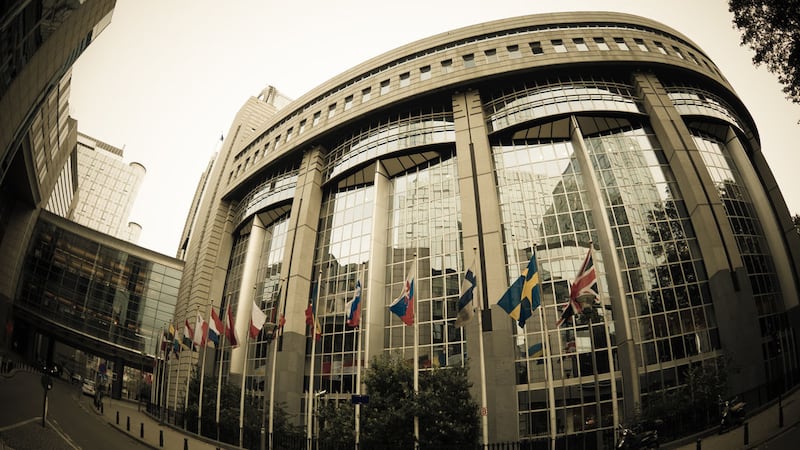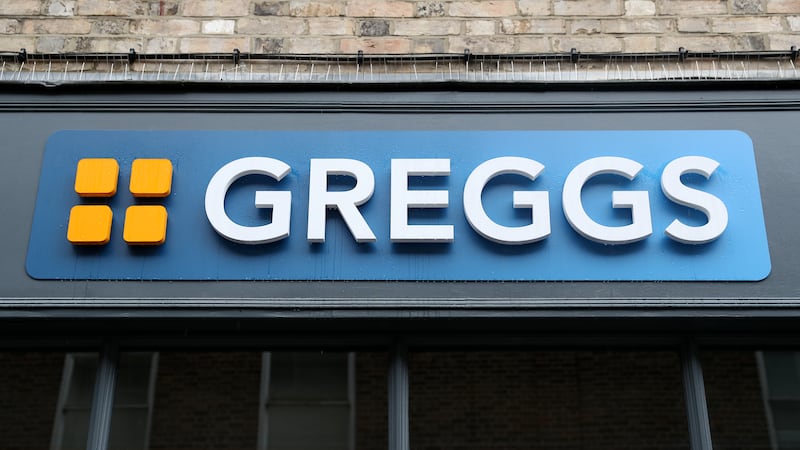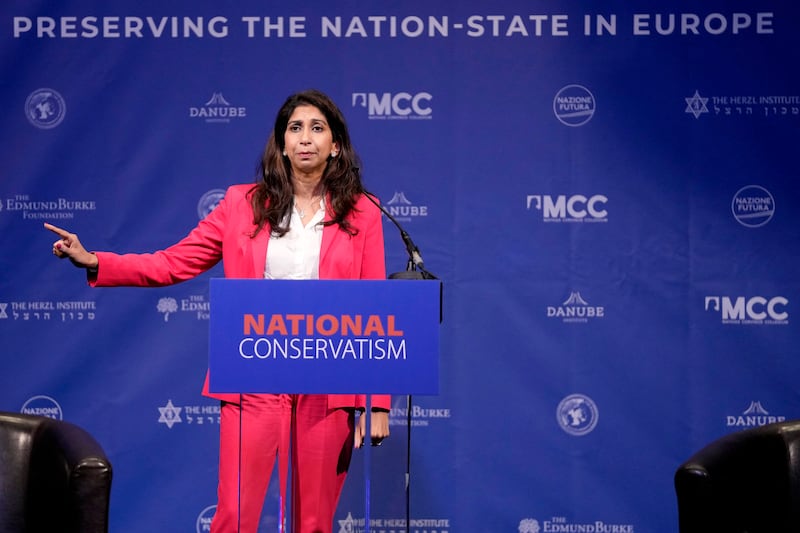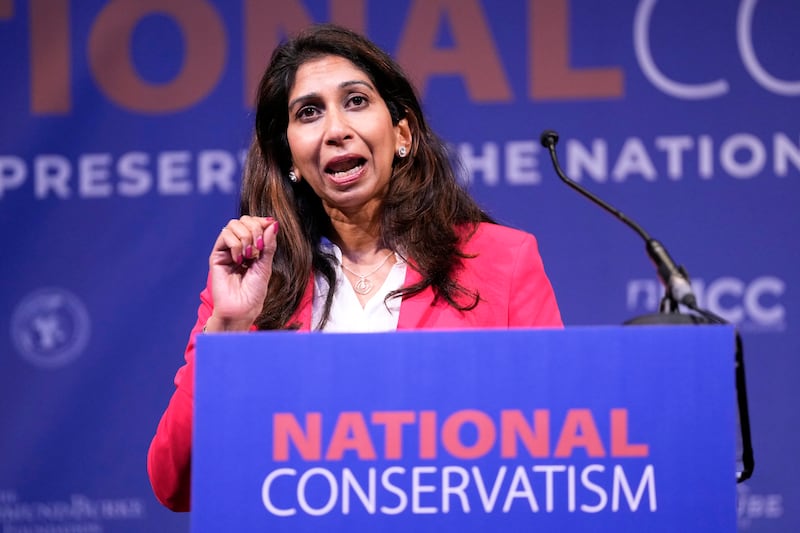THE union jack is still fluttering at the edge of 27 other flags, but the UK is now effectively persona non grata in Europe.
The European Week of Regions and Cities is the world’s largest gathering of local and regional stakeholders and is the EU’s biggest gig of the year, featuring 130 workshops at 30 Brussels venues and attracting 6,000 people and 800 speakers.
But there’s a sense here that the UK has already checked out, 17 months ahead of its likely formal departure from the European Union in March 2019.
And the financial realities are starting to come home to roost too as Europe sits down soon to devise its next seven-year budget from 2021 to 2027, with no cheque coming the UK’s way.
In the current budget period (2014-2020), the UK is allocated the thick end of £16 billion at today’s exchange rates.
Figures show it gets €11.8?billion for cohesion policy and additional €5.18 billion to development of the agricultural sector and rural areas from the European Agricultural Fund for Rural Development (EAFRD) and a further €243m from the European Maritime and Fisheries Fund (EMFF).
And Northern Ireland punches above its weight in grabbing its slice of that pie, claiming around £1 billion (considerable given that the region makes up just 5.8 per cent of the UK land territory and 2.9 per cent of its population).
In the current funding round, for example, the north has been allocated £308m from the European Regional Development Fund (ERDF), £205.3m from the European Social Fund (ESF) Investment for Growth and Jobs Programme and £227.4m from the Rural Development Programme. It also benefits from its share of that aforementioned €243m maritime fund.
The repercussions of having to forgo that pot of euro gold in the post-Brexit era have yet to be worked out, but many are already sceptical whether those hefty sums can ever be matched by Treasury in London, as the Brexiteers claimed it would.
Indeed just this week a report by the Agriculture & Horticulture Development Board (AHDB) suggested the profitability of the average farm in Britain and Northern Ireland could plunge from an average £38,000 a year to just £15,000 when the reduced subsidies are factored in along with cheaper imported food and more expensive labour.
The report said changes in trade relationships will impact farmers' bottom line when the UK leaves the single market, whether or not a free trade agreement is negotiated with the EU.
Yesterday an EU official told the Irish News: “It’s too early to talk about structural funds post 2020, but we’re already starting to think of the next budgetary cycle.
“Will the UK get to keep some of the financial benefits around peace money for Northern Ireland and for parts of the Horizon programme? We’ll just have to see.”
As revealed yesterday, the joint Belfast-Derry bid to be European Capital of Culture in 2023 could also be scuppered, with comments made on Tuesday by senior director Michel Magnier coming as a body blow to the cities ahead of a planned delegation heading out to Brussels yesterday.
A throwaway remark or some serious scuppering? Both councils insist the show must go on until they are officially informed the UK won't be considered for the bid, and the concentration now is on getting their official submission finalised by October 27.
And it didn't stop a party last night attended by more than 100 guests including senior Europeans and ex-pats, and which featured Seamus Heaney poetry from Stephen Douds and song from the Grammy nominated Máiréad Carlin.








